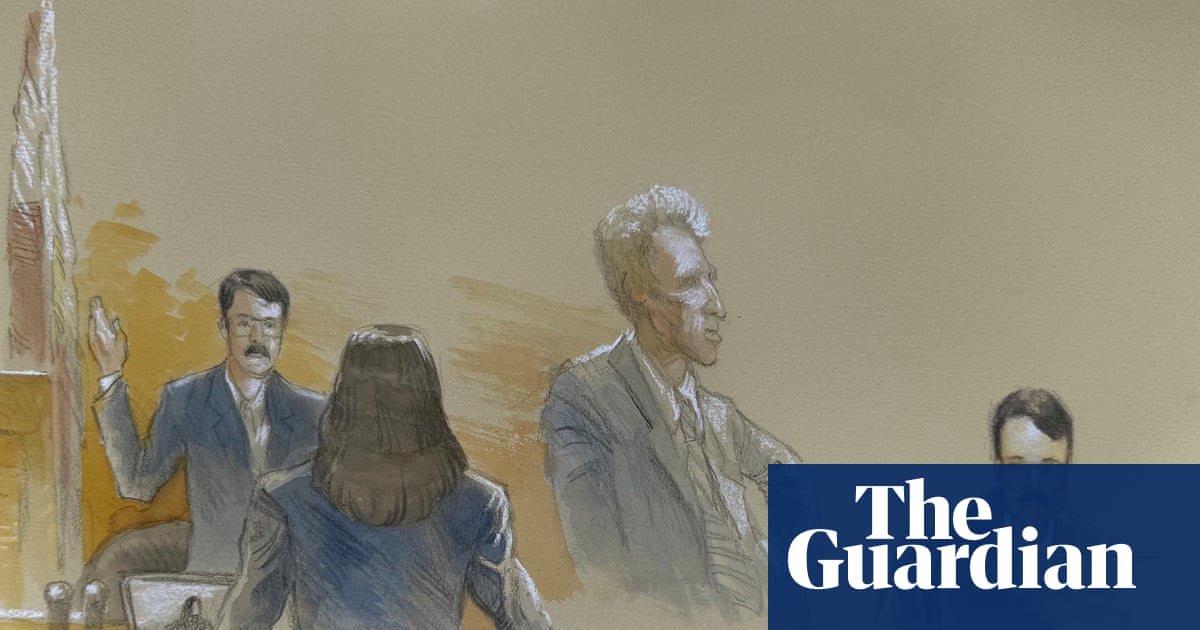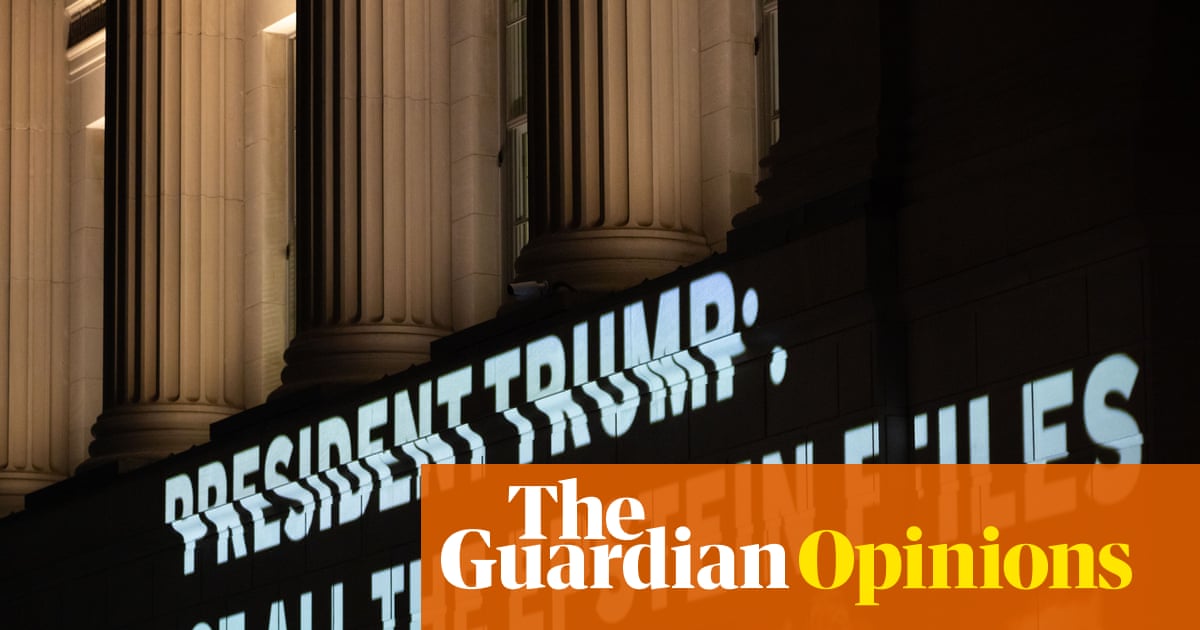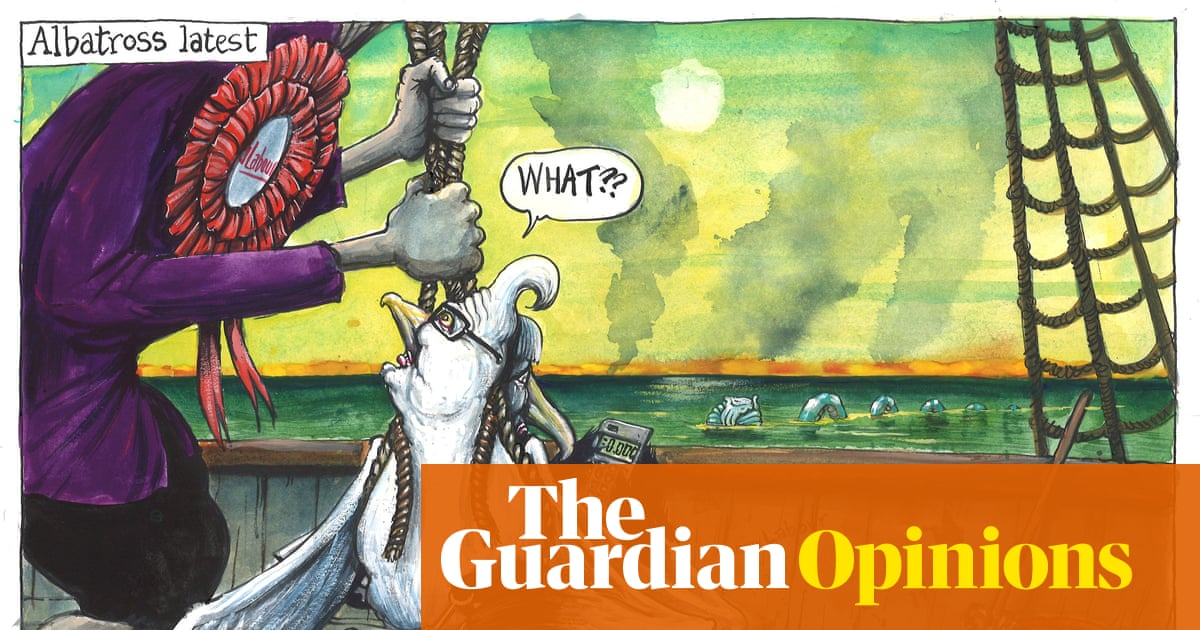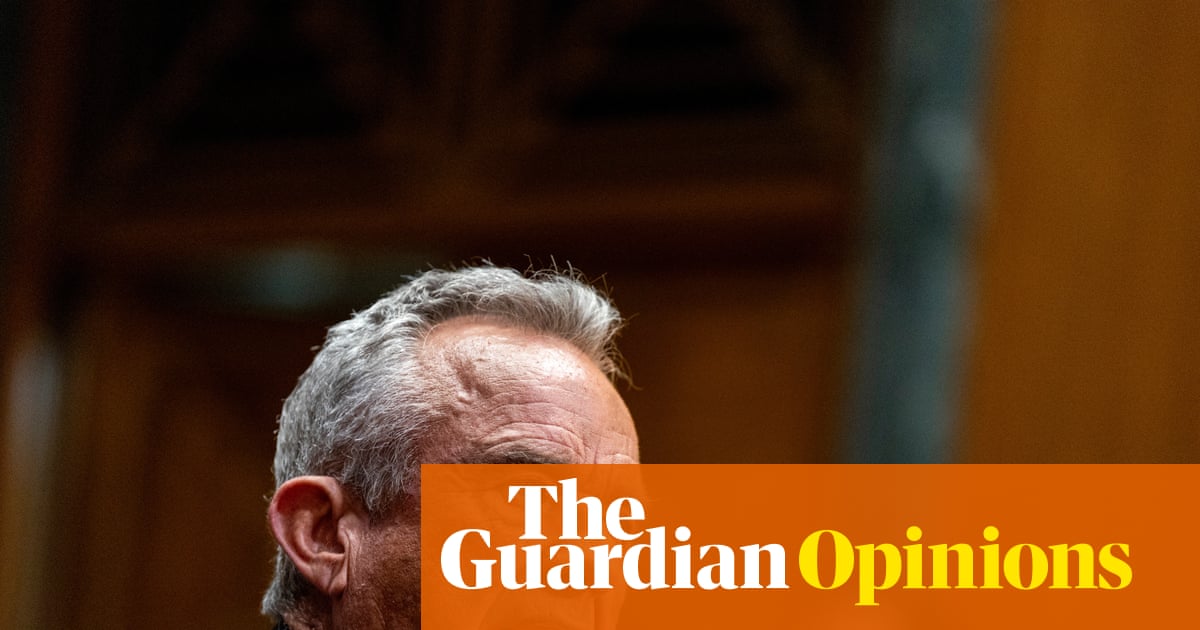After less than a year in power, Labour has reached a familiar place. Keir Starmer’s troubled government is at a fork in the road, wondering which direction to follow. With the delivery of its spending review next week after several acrimonious delays, and a Commons vote on its divisive welfare cuts expected later this month, the government’s unity and morale are fragile. The public finances are severely strained, with ever more competing demands, such as for extra defence spending. Though much more energetic than its Tory predecessor, this government often seems opaque, unable to explain its purpose in a compelling way.
Many voters and journalists – even more impatient than usual after years of manic politics – are already considering what might replace Starmer’s administration. At barely 20% in the polls, Labour is as unpopular as in its most disliked days under Jeremy Corbyn – and unlike then, has been overtaken by Nigel Farage’s latest vehicle. Most ominously of all, perhaps, even the government’s successes, such as its trade deals, seem to make little or no difference to its public standing or sense of momentum.
Both inside and outside the party, there is an increasingly widespread feeling that the strategy pursued by Starmer, his chief of staff Morgan McSweeney and the chancellor, Rachel Reeves, over the past five years – Reform UK-influenced, socially conservative, fiscally cautious and focused on rightwing pensioners and “working people” – has been tested to destruction. Even McSweeney, previously revered by centrist Labour MPs and political journalists as a “realist” about what the party needed to do to win power and hold on to it, is now being briefed against.
But what alternative path might the government take? One ever more openly favoured by the deputy prime minister, Angela Rayner, and the mayor of Greater Manchester, Andy Burnham, leads broadly leftwards: raising taxes on the wealthy, building much more council and social housing, and no longer echoing Reform’s reactionary rhetoric. The nationalisation of failing privatised utilities and the abandonment or loosening of Reeves’s fiscal rules are also increasingly popular in the party, even among the centre-left conservatives of Blue Labour.
Yet the problem for anyone hoping that the government will radicalise in response to its political crisis is that Labour governments rarely do. In opposition, when less cautious party activists and thinktanks have more influence, Labour does sometimes move to the left, as it did by making Corbyn leader after losing the 2015 election. But in office it more often does the opposite. The rightwing media, powerful business interests, conservative parts of the civil service, and voters and Labour politicians who believe that all leftwing policies are a risk: all these influences tell ailing Labour governments that their troubles are actually due to not being rightwing enough.
In 1931, the Labour chancellor Philip Snowden – preoccupied, like Reeves, with making the government seem financially responsible – responded to the Depression and a growing budget deficit by rejecting expansive, more leftwing policies and proposing benefits cuts. Only a narrow majority of the cabinet backed him, and the government collapsed. At the election that followed, Labour was crushed.
A similar story played out in the 1970s, when Harold Wilson and Jim Callaghan’s Labour governments – which, like Starmer’s, had inherited a weak, inflation-prone economy from the Tories – cut public spending to secure a loan from the International Monetary Fund. At Labour’s 1976 annual conference, Callaghan dismissed those who wanted a less austere approach: “That option no longer exists.” It’s easy to imagine Starmer sternly saying that to a left-leaning minister now. Yet in the 1970s, as in the 1930s, Labour’s rightward shift didn’t save it from election defeat.
Despite these discouraging precedents, today’s Labour centrists may not be deterred from pushing for another turn to the right, with further concessions to business in the name of economic growth and further clampdowns on immigration. One of the characteristics of Labour centrism, along with its lack of fresh ideas since Blairism, is a lack of self-doubt.
Such a right turn could conceivably work this time. Labour could cobble together a new electoral coalition from voters who want to stop Reform at any cost, people who back Labour whatever its policies and former Tories who want to support a less chaotic party. Recruits could come from Reform, too, if Farage’s inexperienced party makes big mistakes – such as the sudden resignation of its chair, Zia Yusuf, after a public row about whether to call for a ban on the burqa – or loses its novelty in the long stretch until the next election. With politics unprecedentedly fragmented, an ever more conservative Labour government may not need many votes to get re-elected.
If you find this prospect unlikely or just depressing, and want a frustrated Labour government to finally take the other, leftward fork in the road, there are some grounds for hope. The recent interventions by Rayner and Burnham reflect not just their own more left-leaning politics and possible leadership ambitions but also an awareness that Britain is in a less rightwing phase than many conservatives and centrists believe. Public attitudes to privatisation, nationalisation, inequality and trade unions have shifted leftward in recent years. During the Labour governments of the 1930s and late 1970s, public opinion was moving the other way.
Moreover, Starmer’s suppression of the Labour left has inadvertently helped make the Greens more popular and radical, led to the election of five leftwing independent MPs and created a large pool of discontented socialists which may crystallise into a new party. With Labour losing as much support to these forces as to Reform, the pressure on the government to move left could soon become too large to totally ignore.
In some policy areas, it can even be argued, the government is already on that path. Better workplace rights, the nationalisation of rail companies, removing or lessening the privileges of private schools and non-doms, restrictions on the North Sea oil conglomerates and new infrastructure for neglected parts of England: a limited but much-needed redistribution of power and wealth is already under way.
The problem is that Labour is too timid to say so. At the next general election, whether the government moved left or right when it hit trouble will matter less to Britain’s many unideological voters than whether it did so with a clear and convincing rationale. Democratic government is partly about confidence: having it, showing it and persuading enough voters to put their confidence in you. Labour looks far from confident right now.
-
Andy Beckett is a Guardian columnist

 3 months ago
58
3 months ago
58

















































